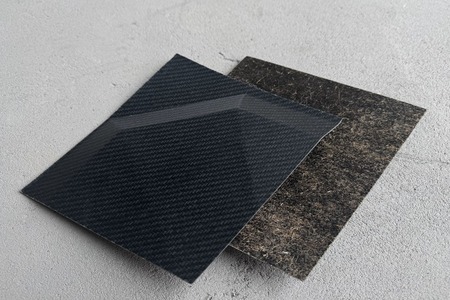Bangladesh spinners demand introduction of warehousing facility for cotton trade
YarnsandFibers News Bureau 2015-05-12 18:00:00 – DhakaBangladeshi spinners demand introduction of warehousing facility for cotton trade to reduce lead-time and ensure the timely sourcing of the fibre. Under the facility, merchants from different countries will store cotton at Chittagong port warehouses to sell out their cotton to the local cotton importers and spinners. The merchants can also re-export the cotton from the port to other destinations.
The system is already in use by the Chinese government, which is the largest importer of cotton.
Such warehouses will allow spinners to buy cotton at their doorstep and negate the huge risks that come with the long shipment times from origin, said Monowarul Hoque, managing director of Ashik Composite Textile Mills, a cotton importer and spinner.
For local spinners, the time lag between an actual purchase and collection varies from two weeks to 12 weeks, excluding the shipment delays.
It takes two weeks to get cotton from India and Pakistan and up to 12 weeks from the US, and the West African and Latin American countries, excluding the shipment delays.
This lag exposes the spinners to huge market volatility, as cotton prices tend to fluctuate drastically, the local spinners do not have the means to hedge such risks without the access to futures markets. The warehousing facility will protect the spinners in a bearish market.
Due to long shipment time from origins such as Africa and North America, most local spinners are forced to purchase cotton from India and Pakistan. However, such cotton lacks quality, contains high moisture and is often contaminated.
The cotton shippers in India and Pakistan only export residual substandard cotton as the top crop is always picked and consumed by their respective local spinners.
Manoj Kumar Roy, additional secretary to the commerce ministry, said the government will go for the warehousing route if the move is business-friendly.
Thanks to higher garment exports, cotton imports registered an 8 percent year-on-year growth to 5.6 million bales [480 pounds make a bale] in fiscal 2013-14.
Bangladesh imports cotton worth nearly $3 billion a year from the US, India, African countries and Uzbekistan.
Market Intelligence
Ask for free sample Report

experience
Customer Base
dedicated team
Countries Served Worldwide









